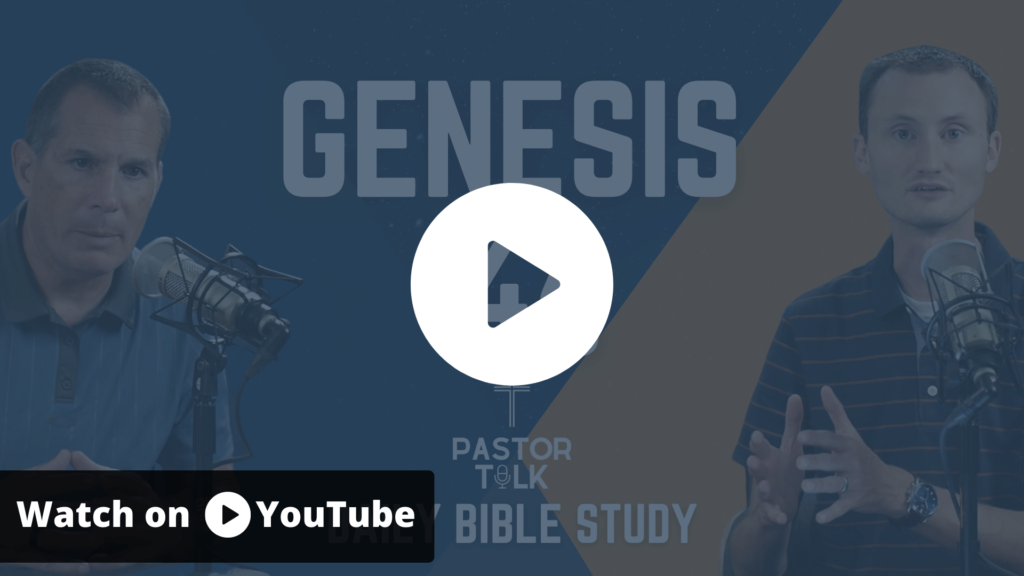
Not every story in Genesis has a happy ending. In fact, every character thus far had at least one very dark season. Today, Joseph is reunited with his father at the same time that God renews his covenantal promise that he had made to Abram and Isaac. In one short chapter, reconciliation leads to blessing, which leads to rejoicing, and an eternal reminder that God is faithful. Join the Pastors as they explore Genesis Chapter 46 and Israel’s reuniting with his long-lost son.
Be sure to share this with anyone who you think might be interested in going along on this journey together through Genesis together.

Pastor Talk Quick Links:
- Learn more about the Pastor Talk series and view our previous studies at https://pastortalk.co
- Subscribe to get the Pastor Talk episodes via podcast, email and much more! https://pastortalk.co#subscribe
- Questions or ideas? Connect with us! https://pastortalk.co#connect
- Interested in joining us for worship on Sunday at 8:50am? Join us at https://fpcspiritlake.org/stream
